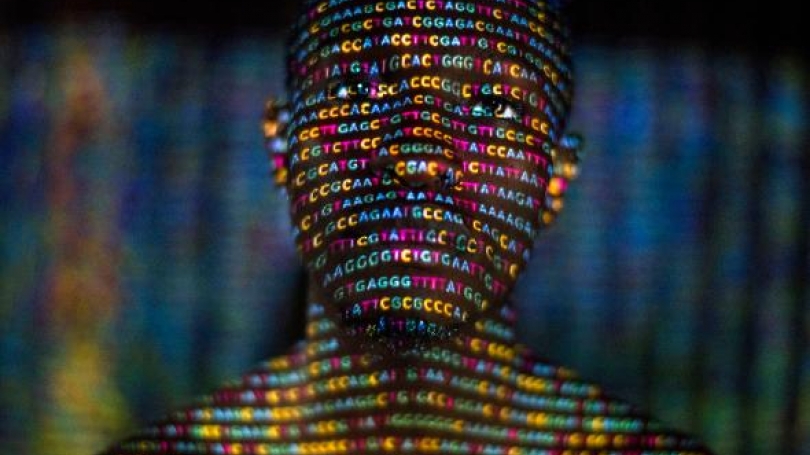
- About
- Undergraduate
- Graduate
- Foreign Study
- Research
- News & Events
- People
Back to Top Nav
Back to Top Nav
Back to Top Nav
Back to Top Nav
Back to Top Nav
Rick W. A. Smith is currently a Postdoctoral Fellow with the Neukom Institute for Computational Science and the Department of Anthropology at Dartmouth College. He is also affiliated with the Indigenous STS Lab.
Rick Smith research merges social and biological anthropology to understand the interplay between power and materiality. He is interested in the ways that social, political, historical, and molecular forces act together in the formation of both human and non-human biology. Smith is especially concerned with the bodily impacts of inequalities across class, race, gender, and ethnic divides. He draws methodological and theoretical inspiration from genomics, epigenomics, archaeology, ethnography, queer and feminist science studies, indigenous feminisms, and decolonialism.
ANTH 50.23: “DNA, Identity, and Power”
DNA has become a powerful but often controversial tool for making knowledge about human natures and our relations to one another. As both scientists and the public gain access to unprecedented amounts of genomic information, DNA evidence has become increasingly incorporated into political claims about race, gender and sexual identities, as well as issues of group belonging, cultural heritage, and the emergence of complex traits and behaviors. This course centers around critical engagement with the various identity politics that are unfolding around genomics and discerning the ways that historical, political, and social factors shape how knowledge is produced through DNA. However, such critical engagement with genomic science is not a call to abandon either biology or the body as crucial sites of knowledge production. Rather, in this course we work to hold both biological and social forces in the same view so that we may better grapple with the entwining of history into bodies and of bodies into history.
This couse is scheduled for spring term ’19
Homepage photo: "The four letters of the genetic code—A, C, G, and T—are projected onto a Ugandan man." Photograph by Robin Hammond, National Geographic. From article "How We've Tackled the Evolving Science of DNA" by Michael Greshko, National Geographic.